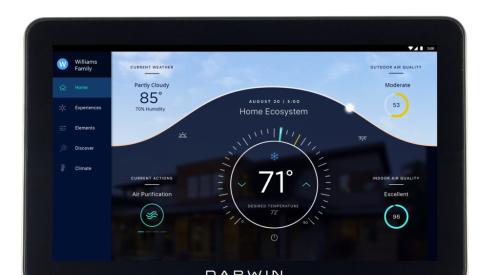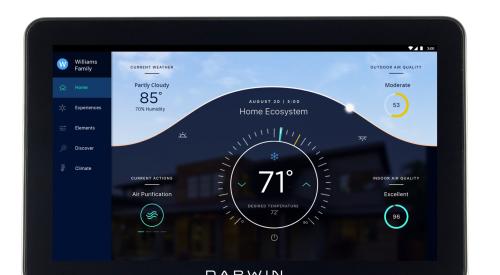Health and wellness have been long-standing concepts in residential real estate, but now homeowners are overwhelmingly seeking ways to improve their health and well-being—they just don’t know where to start. This finding is according to GlobalScan’s 2020 study across 27 markets. Forbes argues the focus on health is not new, but there remains a large disconnect between Americans and how their built environment affects their health. One main reason for the disconnect, according to Forbes, is the lack of education from the industry to promote their wellness efforts.
Over the last year, the importance of air quality and how it impacts our health has started to shift customer awareness. Unfortunately, we can't tell if an indoor space has good air quality the same way we can tell if a restaurant has passed a health code inspection. Or could we? There are various third-party certifications for buildings that promote health and sustainability, but unless the customer sees the plaque on the wall and understands what it means, the opportunity to connect it to them and the impact on their lives falls short.
This is likely to change with programs that aim to promote user confidence in public spaces, such as the recent development from the International WELL Building Institute. IWBI's approach is to provide the general public peace of mind when going into public places when they see the WELL seal. Unlike a plaque on the wall, this visible decal has celebrities leading the call to action: look for the seal. The celebrity influence is likely to create an increase in the general public awareness on how health and the built environment are connected.













